Yemi Cardoso, the Governor of the Central Bank of Nigeria (CBN), has unveiled an array of transformative monetary policies aimed at curbing inflation and restructuring the economy.
His recent remarks at the 58th annual bankers’ dinner shed light on the significant steps taken to tackle the country’s economic challenges. Cardoso, who was nominated and confirmed as governor in September 2023, has been fervently driving efforts to reshape Nigeria’s financial landscape.
Cardoso’s Vision: Taming Inflation and Enhancing Policy Effectiveness
During the event, Cardoso emphasized the crucial role of these policies in taming Nigeria’s soaring inflation, which had surged to 27.33 percent in October. He highlighted how a systematic reduction in liquidity within the banking sector has been instrumental in managing inflation.
Cardoso stressed the review and enhancement of the Central Bank’s monetary policy tools and committee policies to ensure their efficacy in achieving desired outcomes.
Tangible Measures and Their Impact
Under Cardoso’s leadership, various tools such as Open Market Operations (OMO), treasury bills, Standing Deposit Facility (SDF), and Cash Reserve Requirement (CRR) have been leveraged to mop up excess liquidity in the banking system. Notably, recent OMO auctions and the issuance of treasury bills have successfully curbed excess liquidity.
The Governor also spoke of the establishment of a liquidity management committee within the Bank, meeting daily to optimize liquidity conditions. These measures have significantly diminished excess liquidity, contributing to a decline in month-on-month inflation rates from 0.97 percent to 0.67 percent in October.
Progress and Future Outlook
Cardoso expressed confidence in the ongoing measures, indicating their impact on inflation and asserting that continued tightening for the next two quarters could effectively manage inflation rates. He emphasized the CBN’s unwavering commitment to achieving monetary and price stability for the well-being of Nigerians, underscoring the importance of targeted policies and transparent market operations.
Recapitalization Directive: Fortifying the Banking Industry
In a notable revelation, Cardoso announced the CBN’s intention to direct banks to recapitalize. This move aims to fortify the banking sector to better serve Nigeria’s envisioned larger economy, aligning with President Bola Tinubu’s aspirations for a $1 trillion economy.
Cardoso drew parallels with the 2004 directive by former CBN Governor Charles Soludo, highlighting the need for Nigerian banks to bolster their capital to support the anticipated economic growth.
Regional Banking Sector Dynamics: Congo’s Directive
Beyond Nigeria’s borders, concerns arose in the Democratic Republic of the Congo (DRC) following a directive compelling banks to sell up to 45 percent of their stakes within three years.
The directive, aimed at diversifying ownership, triggered reactions among Congo’s banking institutions. While some banks are studying compliance, others have already taken proactive steps to adhere to the regulation.
Implications and Responses
The directive in Congo has attracted attention from regional banking giants like Equity Group Holdings Plc and KCB Group Plc from Kenya, who have invested in Congo’s banks.
However, doubts persist among bankers regarding the enforceability of the directive. Nonetheless, several institutions, including Access Bank Plc and FBN Holdings Plc, have expressed their commitment to exploring compliance measures well ahead of the directive’s effective date.
Charting a Path for Stability and Growth
Cardoso’s proactive approach as CBN Governor underscores a commitment to stability and growth, evident in his meticulous review and implementation of monetary policies.
The transformative measures introduced are already yielding positive outcomes, contributing to a reduction in excess liquidity and inflation rates. Moreover, the directive for banks to recapitalize not only fortifies the Nigerian banking sector but also aligns with broader economic goals.
In the broader regional context, the directive from Congo’s central bank presents challenges and opportunities for the banking sector. While uncertainties linger, proactive steps by some institutions indicate a readiness to adapt and comply with regulatory changes.
In summary, Cardoso’s leadership exemplifies a strategic vision aimed at stabilizing Nigeria’s economy, and the regional dynamics highlight the interconnectedness of financial systems across borders. As Cardoso navigates these challenges, his commitment to transparency, stability, and growth stands poised to chart a path toward a more resilient and prosperous financial landscape in Nigeria and beyond.





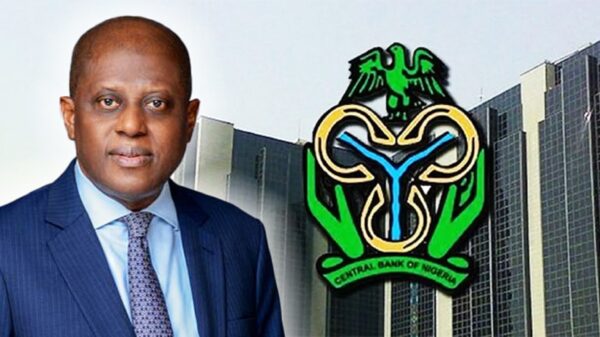






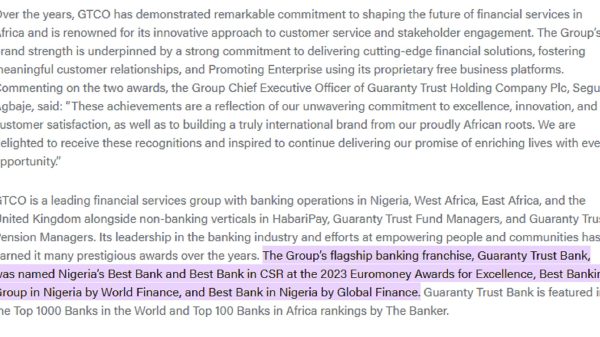



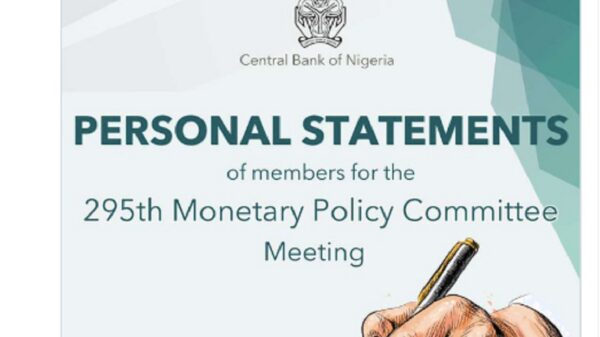
































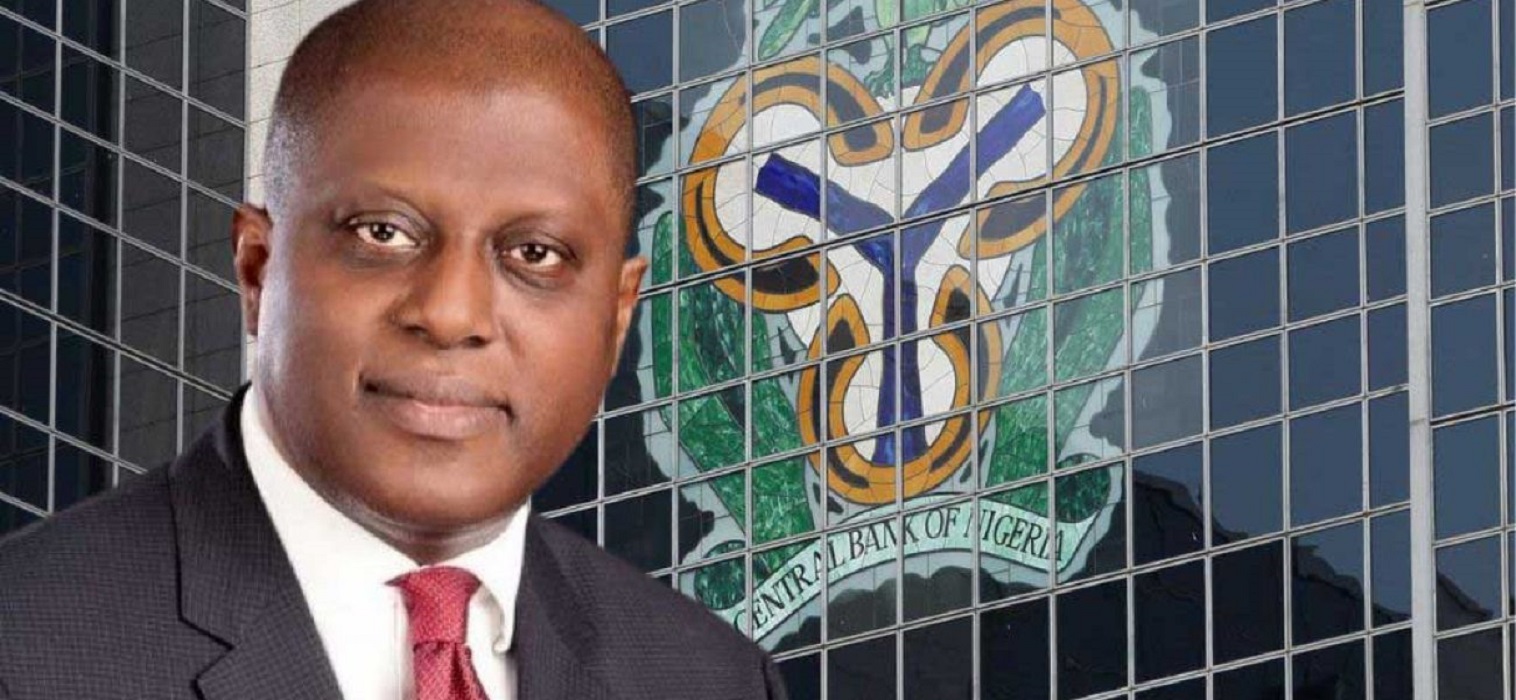
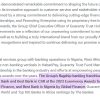



You must be logged in to post a comment Login